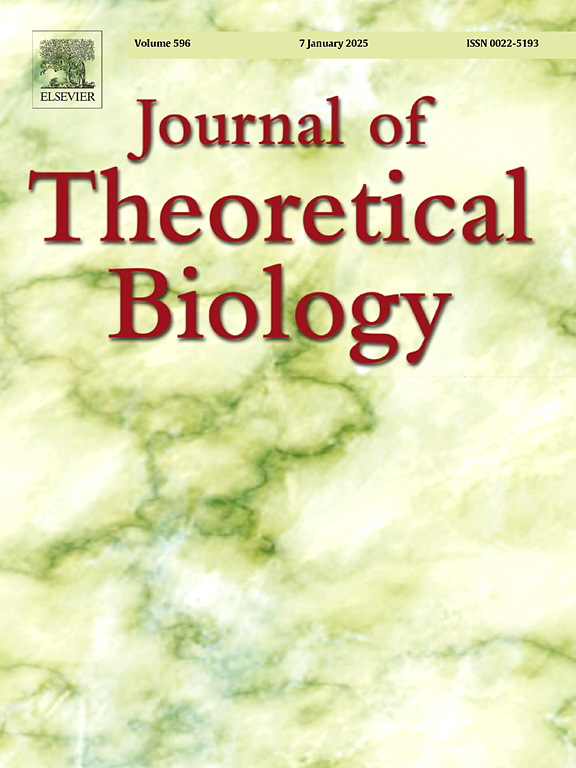基于字符串核的16S rRNA基因测序数据集系统发育建模。
IF 2
4区 数学
Q2 BIOLOGY
引用次数: 0
摘要
细菌微生物组越来越被认为是人类健康的一个关键因素,这在很大程度上是由使用16S rRNA(核糖体核糖核酸)基因测序收集的数据集推动的,这种测序能够经济有效地量化个人细菌群落的组成。16S rRNA数据集的定义特征之一是存在于分类群(系统发育)之间的进化关系。在这里,我们展示了在两个统计任务(两个样本测试和宿主性状预测)中建模这些系统发育关系的效用,并提出了一个新的核家族,通过利用自然语言处理文献中的字符串核来分析微生物组数据集。我们通过模拟研究表明,使用所提出的核的核双样本测试对两个种群之间差异的系统发育规模敏感。在第二组模拟中,我们还展示了使用串核的高斯过程建模如何推断细菌-宿主效应在系统发育树中的分布,并将这种方法应用于真正的宿主性状预测任务。通过运行https://github.com/jonathanishhorowicz/modelling_phylogeny_in_16srrna_using_string_kernels上的代码可以复制本文中的结果。本文章由计算机程序翻译,如有差异,请以英文原文为准。
Modelling phylogeny in 16S rRNA gene sequencing datasets using string-based kernels
The bacterial microbiome is increasingly being recognised as a key factor in human health, driven in large part by datasets collected using 16S rRNA (ribosomal ribonucleic acid) gene sequencing, which enable cost-effective quantification of the composition of an individual’s bacterial community. One of the defining characteristics of 16S rRNA datasets is the evolutionary relationships that exist between taxa (phylogeny). Here, we demonstrate the utility of modelling these phylogenetic relationships in two statistical tasks (the two sample test and host trait prediction) and propose a novel family of kernels for analysing microbiome datasets by leveraging string kernels from the natural language processing literature. We show via simulation studies that a kernel two-sample test using the proposed kernel is sensitive to the phylogenetic scale of the difference between the two populations. In a second set of simulations we also show how Gaussian process modelling with string kernels can infer the distribution of bacterial-host effects across the phylogenetic tree and apply this approach to a real host-trait prediction task. The results in the paper can be reproduced by running the code at https://github.com/jonathanishhorowicz/modelling_phylogeny_in_16srrna_using_string_kernels.
求助全文
通过发布文献求助,成功后即可免费获取论文全文。
去求助
来源期刊
CiteScore
4.20
自引率
5.00%
发文量
218
审稿时长
51 days
期刊介绍:
The Journal of Theoretical Biology is the leading forum for theoretical perspectives that give insight into biological processes. It covers a very wide range of topics and is of interest to biologists in many areas of research, including:
• Brain and Neuroscience
• Cancer Growth and Treatment
• Cell Biology
• Developmental Biology
• Ecology
• Evolution
• Immunology,
• Infectious and non-infectious Diseases,
• Mathematical, Computational, Biophysical and Statistical Modeling
• Microbiology, Molecular Biology, and Biochemistry
• Networks and Complex Systems
• Physiology
• Pharmacodynamics
• Animal Behavior and Game Theory
Acceptable papers are those that bear significant importance on the biology per se being presented, and not on the mathematical analysis. Papers that include some data or experimental material bearing on theory will be considered, including those that contain comparative study, statistical data analysis, mathematical proof, computer simulations, experiments, field observations, or even philosophical arguments, which are all methods to support or reject theoretical ideas. However, there should be a concerted effort to make papers intelligible to biologists in the chosen field.

 求助内容:
求助内容: 应助结果提醒方式:
应助结果提醒方式:


